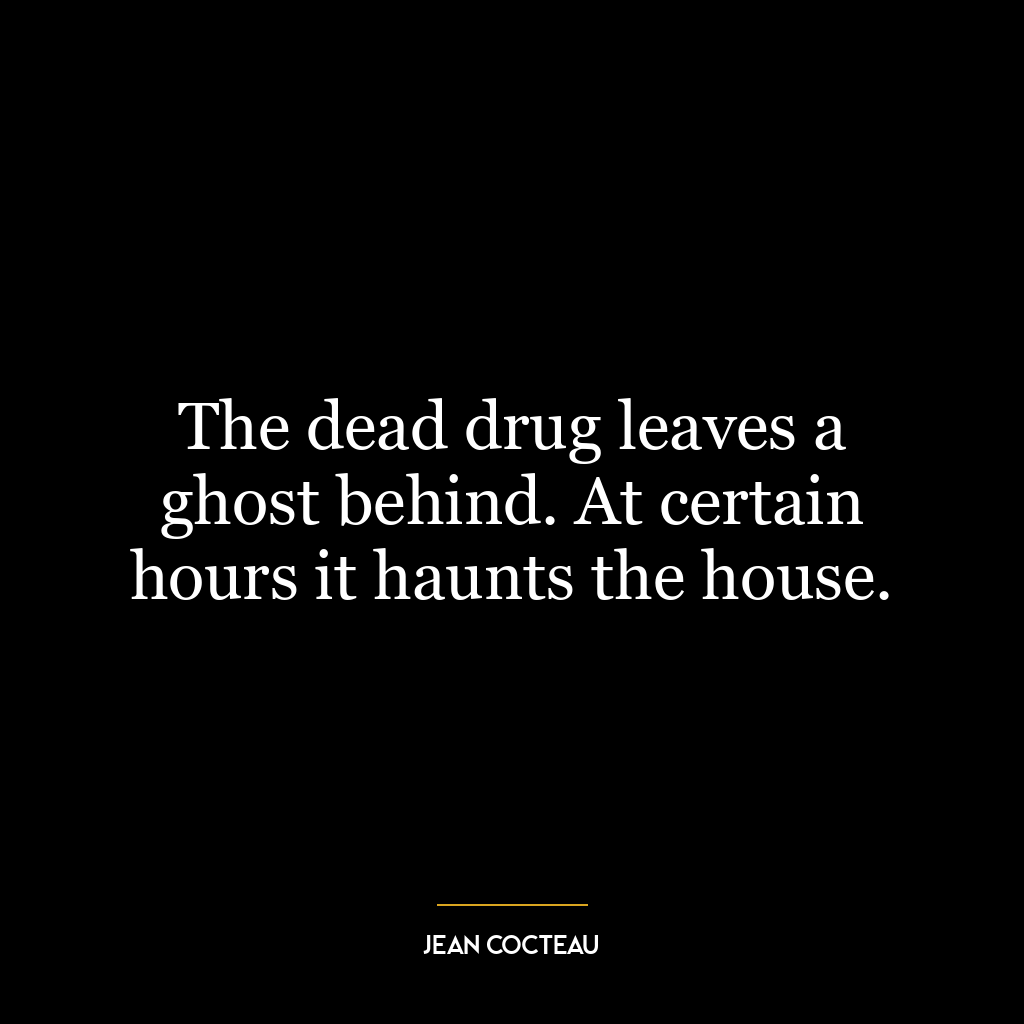The moment good taste knows itself, some of its goodness is lost.
This quote suggests that the moment good taste becomes self-aware, it loses some of its authenticity and purity. Good taste, in this context, can refer to aesthetic judgment or moral discernment. It is often viewed as an unspoken understanding or instinctual preference for quality and refinement. When one becomes overly conscious or starts boasting about their good taste, it may become tainted with pretentiousness or affectation.
In essence, the charm of good taste lies in its subtlety and unconscious nature. The moment it turns into a conscious effort to impress others or seek validation, it loses its inherent goodness because it’s no longer genuine but manipulated.
Applying this idea to today’s world could involve social media culture where people often curate their online presence meticulously. This could include showcasing high-end purchases or experiences not necessarily because they genuinely enjoy them but because they want to project a certain image of having ‘good taste.’ In such scenarios, the goodness of their supposed ‘taste’ is lost as it becomes more about image management rather than personal enjoyment or fulfillment.
From a personal development perspective, this quote encourages us to be authentic and true to ourselves rather than being overly concerned with external perceptions. Our preferences should stem from our genuine interests and values rather than societal expectations or trends. It’s about enjoying what you love without needing approval from others – that is where real ‘goodness’ lies.








